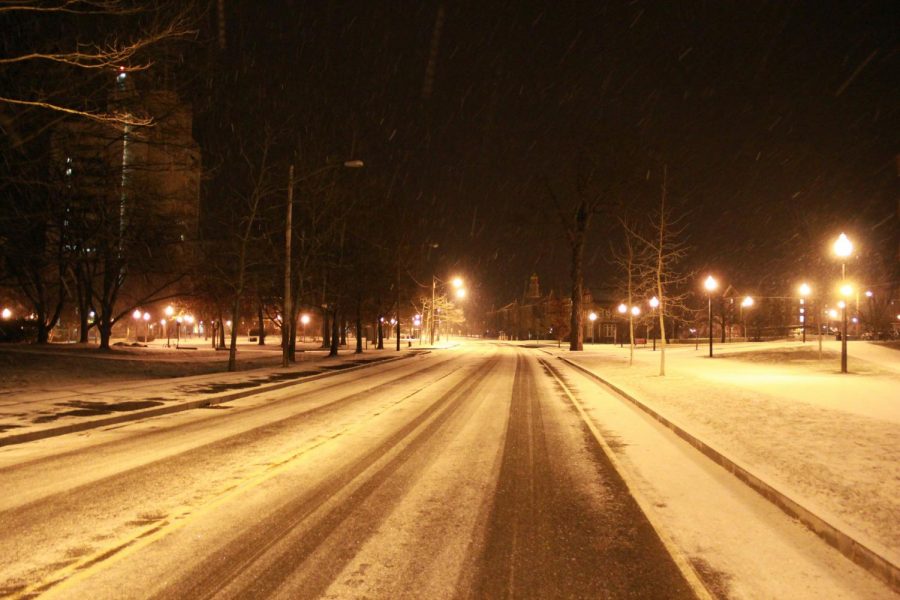Last week, the Lone Star State was caught unprepared for a massive winter storm that left millions of Texans powerless amidst freezing temperatures. And while some 8.7 million civilians remained under boil water notices in late February (because the water purification plants are not working), social media outlets instead decided to point all the blame to Texas Senator Ted Cruz for fleeing to Cancun during this catastrophe rather than focussing on the real source of the problem. Don’t let the petty social media drama distract you from the fact that this recent crisis perfectly illustrates the systemic shortcomings of private ownership of utilities and speaks to the United States’s disconcerting commitment to neoliberal policies.
Why is it that a state as big as Texas was unprepared for a snow storm? Sure, it was a rare circumstance, but it was not unprecedented—as can be seen by the similar December 1983 and February 1985 cold snaps. Texas has even endured colder weather, as demonstrated by recorded forecasts from January 1930 and January 1940. Politicians are using the term “unprecedented” as some sort of get out-of-jail-free card to cover up the fact that they had no reason to be unprepared for the catastrophic events that took place.
The failure of the electrical industry of Texas to be prepared for cold weather is not shocking, though, under a system where everything is privatized. It is a grave mistake to leave the maintenance of key social institutions to private enterprises. It is only natural for a vital system controlled by private, for-profit institutions to fail. These businesses’ main goal is never to maximize jobs, wages or anything that goes to the people. Rather, they seek to maximize profit for a few powerful corporations. The energy companies in Texas preferred to withhold investing in preparations for extreme situations because it would have been more expensive. After all, why spend money when it would only reduce profits?
So, what do I propose as an alternative?
As suggested by Richard Wolff, had the people who have to endure the worst of these weather conditions been in charge of the industry, they would have understood the necessity of being prepared for the cold. They could have either connected to the rest of the country’s electrical grid, which Texas is not part of, or taken the required steps to ensure safety in the event that they lost power in extreme weather. If normal Texans, rather than business executives, were in charge of the electrical industry, they would have prioritized public health and functional utilities. Private capitalists don’t want to do things that lessen profit when they don’t have to. This is how capitalism has always worked, and it is why our public health and energy systems, among other social services, should not be privatized.
The blame game, though tempting to play, will get us nowhere. Although Ted Cruz was deservedly put on blast for evacuating his state during a crisis, the media coverage of his trip to Cancun obscured the deep rooted, systemic problems in the U.S. Private enterprise is not the solution. While some things may be manageable by private companies, we must collectively decide what things we entrust upon them, and what things are best managed by the government. Thus, workers in the energy industry and the consumers alike should, together, shape what the energy field is and requires, as well as what is best for the 99 percent rather than the top one percent.
Ruya Hazeyen can be reached at [email protected] and followed on Twitter @ruyahazeyen.



















